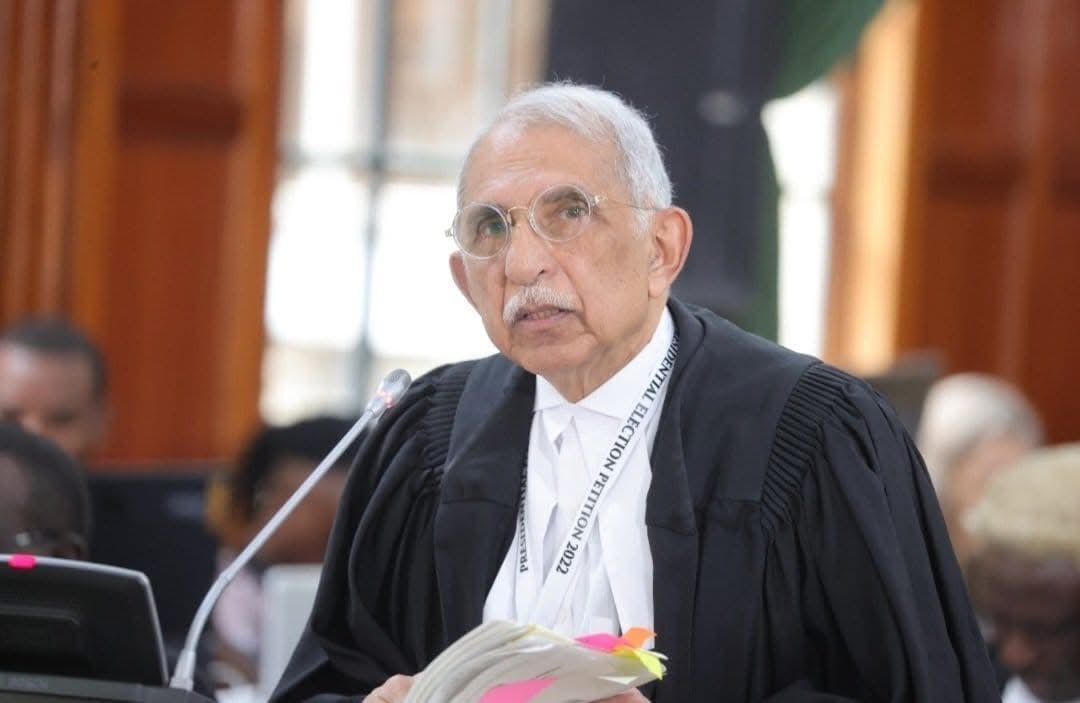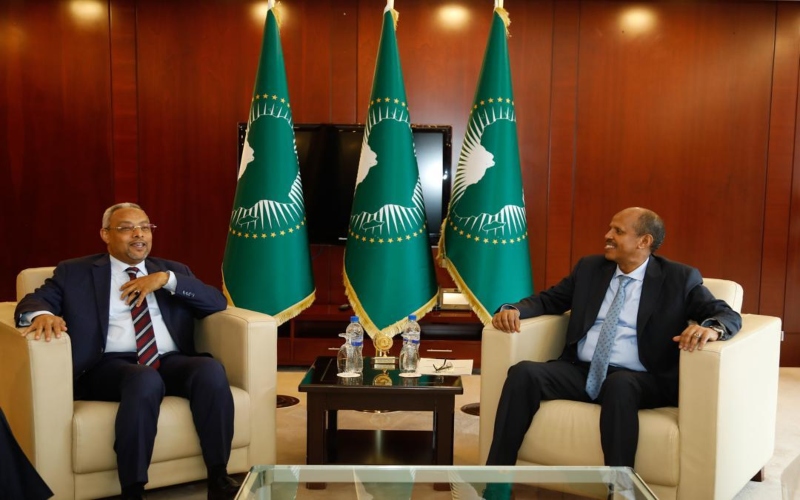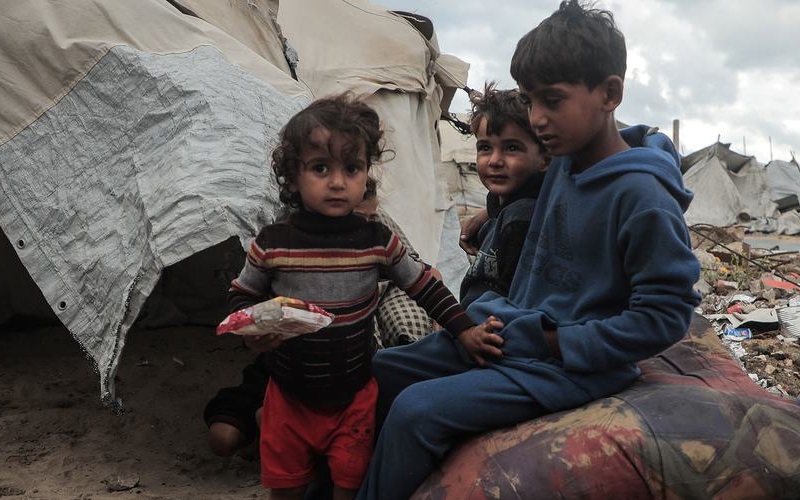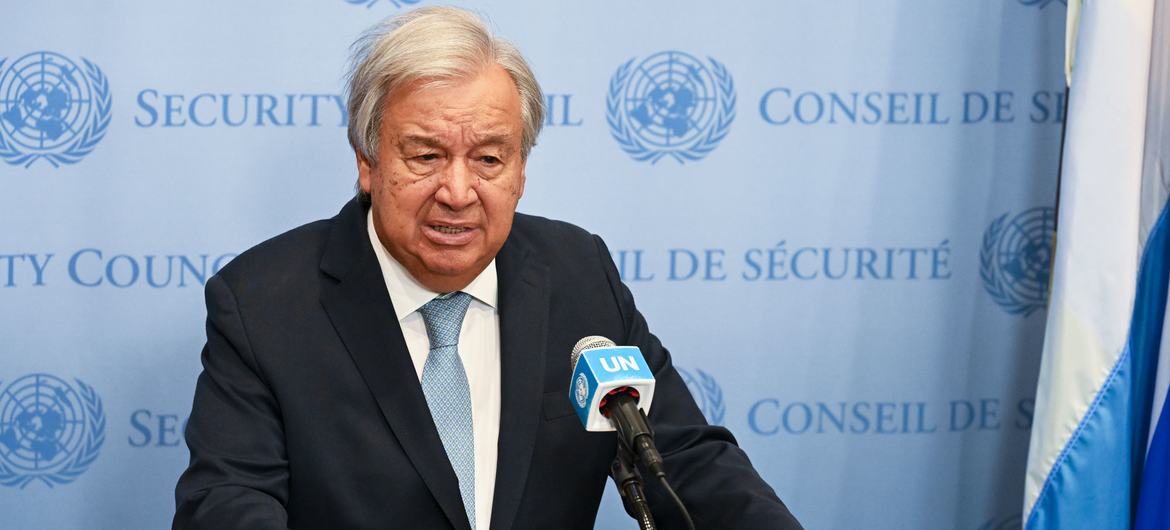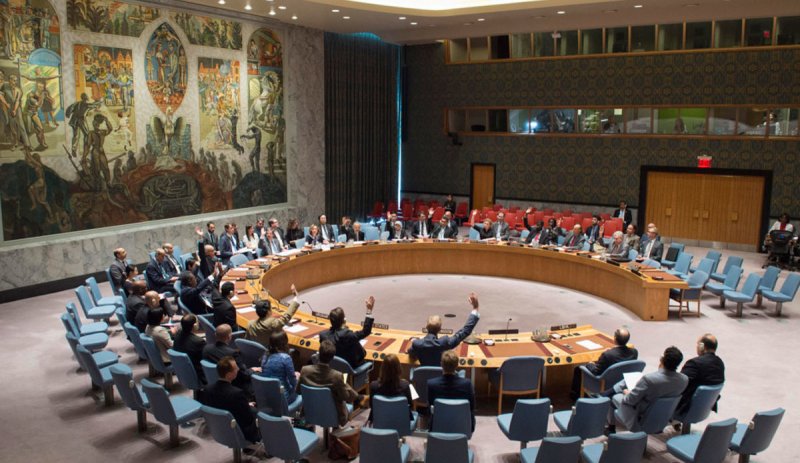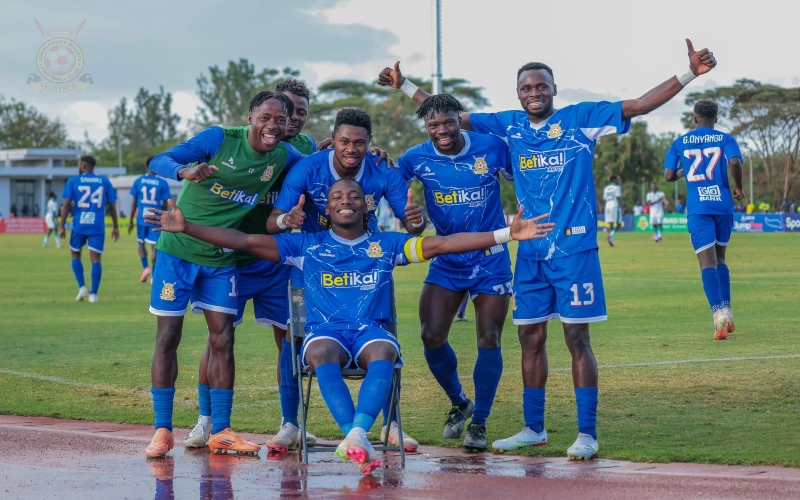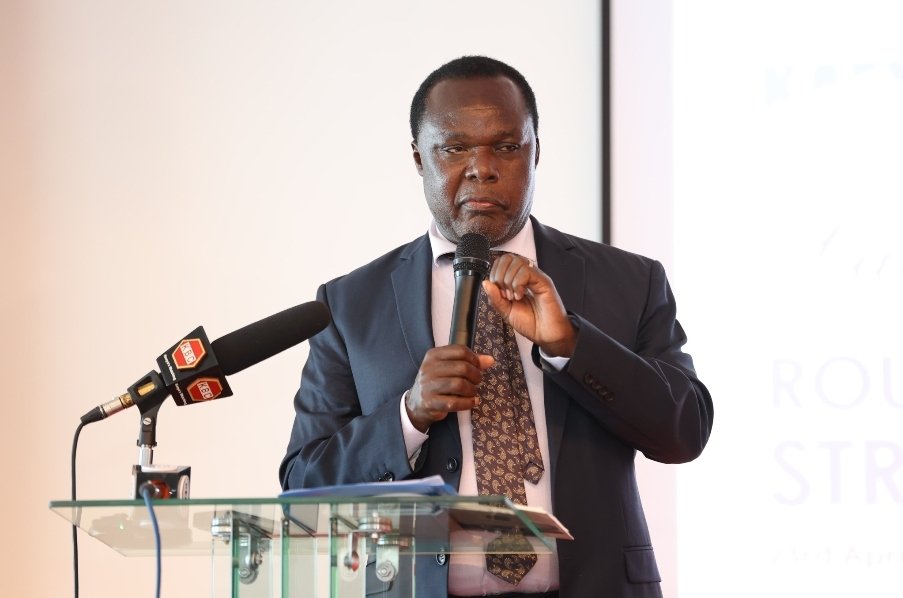Police obstruction, ODPP inaction frustrate efforts to punish killer cops - IPOA
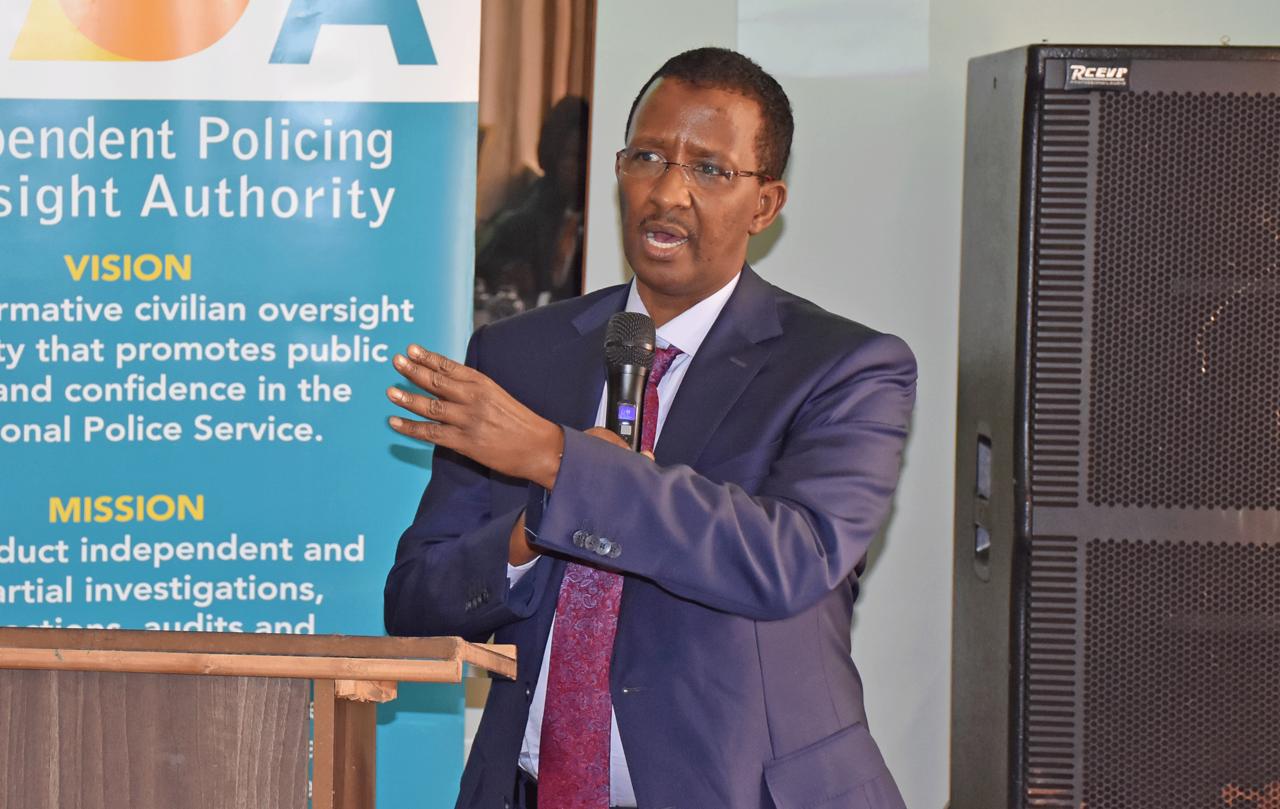
IPOA chairperson Issack Hassan said the authority continues to face resistance from police officers who block access to crucial records and ignore summonses for questioning.
Efforts to bring rogue police officers to justice in Kenya are being frustrated by police's refusal to cooperate with investigations and a lack of urgency from the Office of the Director of Public Prosecutions, the police watchdog has revealed.
The Independent Policing Oversight Authority (IPOA) says its work is being crippled by deliberate obstruction from the police service, especially in cases involving extrajudicial killings and enforced disappearances.
More To Read
- 97 extrajudicial killings, 72 torture cases documented in Kenya in 2025 - rights groups
- KNCHR documents 57 deaths amid widespread civic unrest across Kenya
- ICJ-Kenya appoints Demas Kiprono as executive director
- Kenyan police officers in Haiti to return home after year-long deployment
- Kenya, UK celebrate success of Sh3.6 billion REINVENT security programme after seven years
- 17 diplomatic missions condemn killings, urge independent inquiry in Tanzania
IPOA chairperson Issack Hassan, speaking during the launch of the latest Missing Voices report at the ICJ Kenya offices, said the authority continues to face resistance from police officers who block access to crucial records and ignore summonses for questioning.
He explained that key documents such as firearm registers, deployment logs, and official orders are routinely withheld, making it difficult for investigators to build solid cases. “It is a case of a lack of or outright non-cooperation by the police,” Issack said.
Issack also pointed out that the agency is grappling with a serious shortage of staff. Despite having an approved capacity of over 700 investigators, IPOA currently operates with fewer than 80 personnel. This, he said, has placed a huge burden on the few investigators available, slowing down the pace of investigations.
The situation is made worse by what Hassan described as poor handling of case files by the ODPP. He cited the example of files arising from the Gen Z protests, noting that out of 60 cases opened, investigations into 22 have been completed and forwarded to the ODPP.
“We have so far opened 60 files and completed investigations on 22, which have been sent to the ODPP. A number of them have been returned for various reasons,” he said.
The Missing Voices report, released by a coalition of human rights organisations, painted a grim picture of police accountability.
The report documented 104 cases of extrajudicial killings in 2024, down from 118 in 2023 — a 12 per cent drop. But while killings slightly reduced, the report flagged a sharp increase in enforced disappearances.
Disappearances surged by 450 per cent, jumping from 10 cases in 2023 to 55 in 2024. According to the report, this trend may be linked to the fact that disappearances leave no trace for investigators, making it harder to pursue justice.
The organisations behind Missing Voices include Haki Africa, Defenders Coalition, International Justice Mission, IMLU, ICJ Kenya, and the Kenya Human Rights Commission. They have expressed concern over the growing use of disappearances as a tactic by police to silence or punish individuals.
Law Society of Kenya president Faith Odhiambo said changes in law are urgently needed to stop officers under investigation from continuing to serve in police stations.
“These officers still go to police stations, access records, arms and interfere with investigations. Even public officers step down once they are charged with criminal cases. We demand that police officers implicated step down,” she said.
The lobby groups, in a statement delivered by the IJM Kenya country director, noted that despite the sharp rise in enforced disappearances, no officer has faced court charges related to the crime.
They criticised the DPP for failing to act on evidence and returning most of the files submitted by IPOA without prosecutions.
“The challenges of investigating and prosecuting cases emanating from protests have necessitated the doctrine of command responsibility, which Missing Voices partners are pursuing in the Baby Pendo case,” they said.
They also raised concern over the decision by the DPP to withdraw charges against eight senior officers who had been scheduled for prosecution, describing it as a blow to justice.
“We are concerned that the DPP dropped charges against eight senior commanders who had been lined up for prosecution. Even more worrying was the move by the DPP to expose witnesses in the charge sheet, endangering their lives,” the statement read.
In addition, they pointed out that the majority of cases connected to protests have either been sent back to IPOA for further inquiry or shut down altogether. This has made it increasingly difficult to hold police officers to account, they said.
Top Stories Today


